A law limits who can access those rights, further tightening control over property transactions.
Others are reading now
Greenland’s parliament has passed a new law restricting foreign citizens from purchasing property on the island. The move comes amid rising international interest in the Arctic territory, particularly from the United States.
Only Danish citizens and entities can buy land
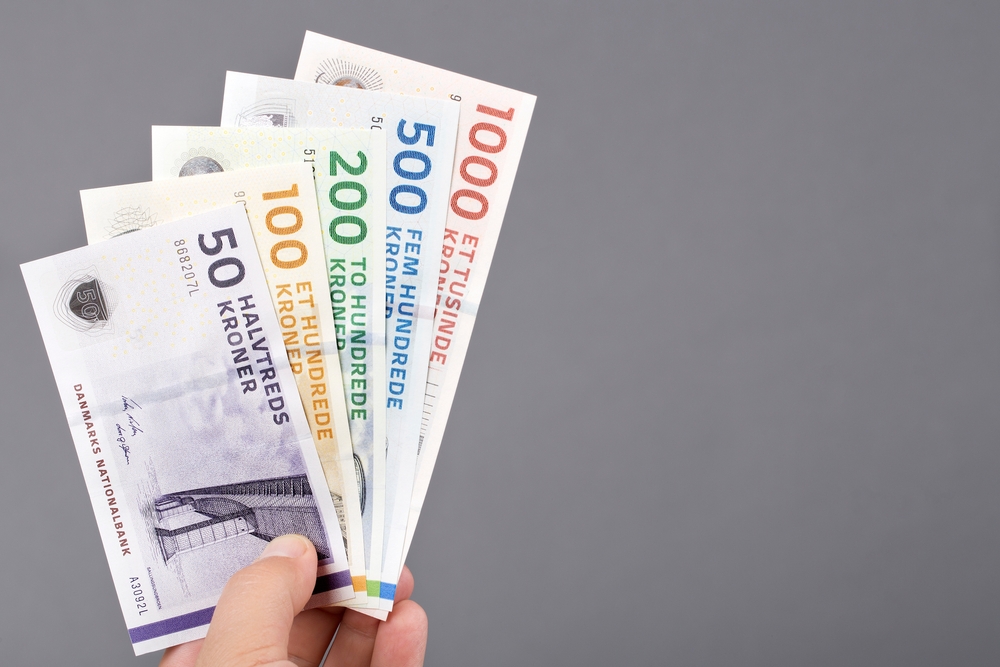
Under the new legislation, only Danish citizens, companies, or organizations can acquire land or usufruct rights in Greenland. This effectively blocks direct foreign ownership unless specific residency and tax criteria are met.
Foreign buyers face new hurdles
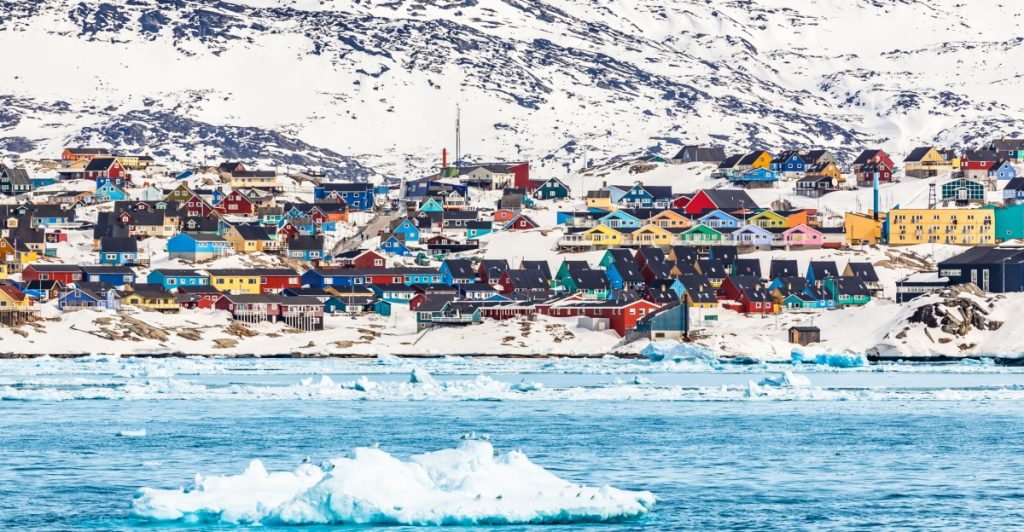
Foreign citizens must now live in Greenland for at least two years and pay taxes locally before becoming eligible to purchase property. The aim is to protect national interests and maintain local control over land use.
State-owned land with limited private rights

While all land in Greenland is officially state-owned, limited private rights to use or build on land can be granted. The law limits who can access those rights, further tightening control over property transactions.
Strong support in parliament
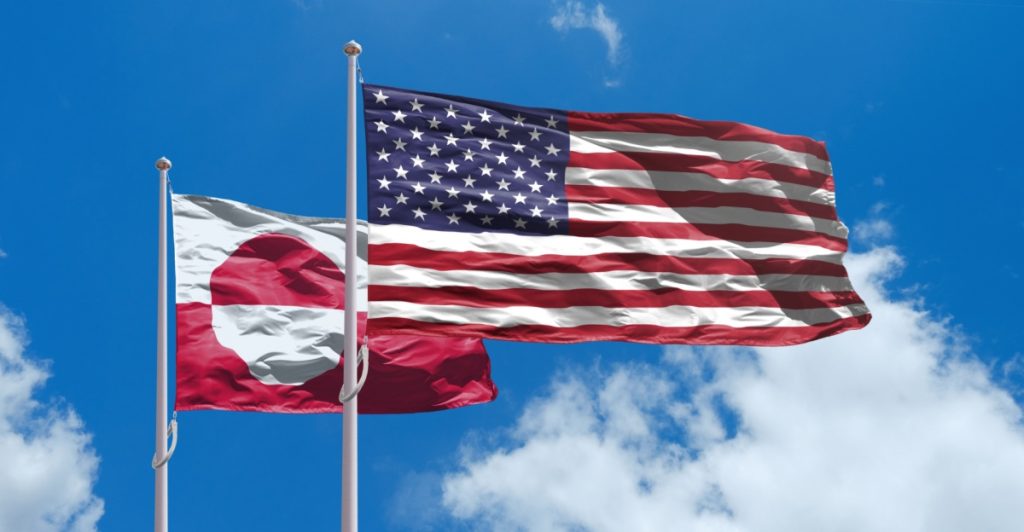
The measure passed with 21 votes in favor and six abstentions. Those who abstained were from the Naleraq party, a political group that favors Greenlandic independence and closer ties with the U.S.
Also read
Independence party voices concerns

Despite their push for independence, Naleraq deputies did not oppose the law outright. Their abstention signals a complex stance: support for self-rule, but not at the cost of foreign investment that could benefit Greenland.
Rising foreign interest triggers the change

According to the bill’s text, the law was prompted by a noticeable rise in foreign interest in Greenlandic real estate over recent months. Lawmakers acted to prevent speculative purchases that could affect sovereignty or development.
Trump’s Greenland proposal left a mark

In 2019, then-President Donald Trump publicly expressed interest in buying Greenland, citing national security concerns. The idea sparked strong backlash from both Danish and Greenlandic leaders but also drew attention to the island’s strategic value.
Denmark boosts presence in the Arctic
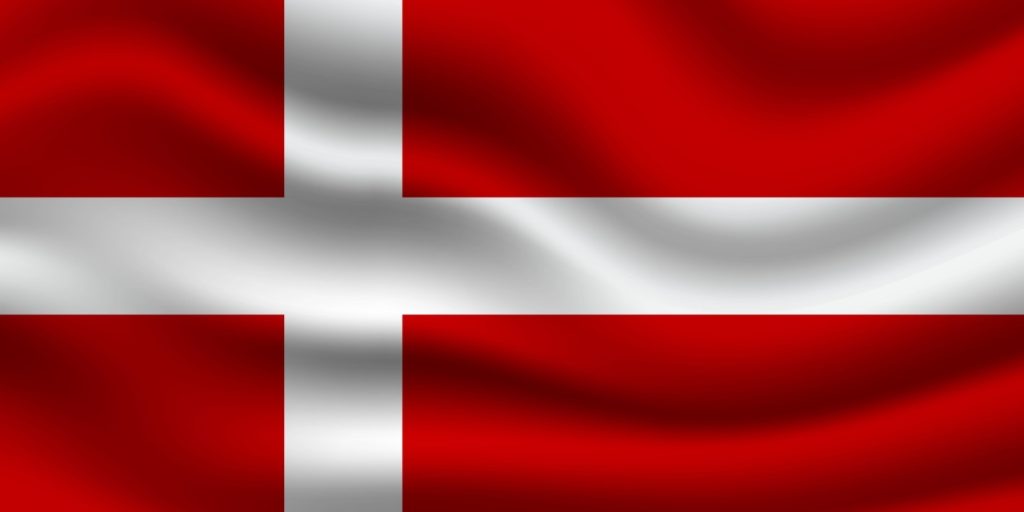
In response to rising geopolitical interest, Denmark has increased both its economic aid and military involvement in Greenland. These efforts are meant to reinforce sovereignty and support local development.
Greenland’s vast size and sparse population

With a land area of 2.1 million square kilometers, 80% of which is covered in ice, Greenland has a small population of around 57,000. Most residents live in coastal towns like the capital, Nuuk.
Also read
Dependence on fishing and Danish subsidies
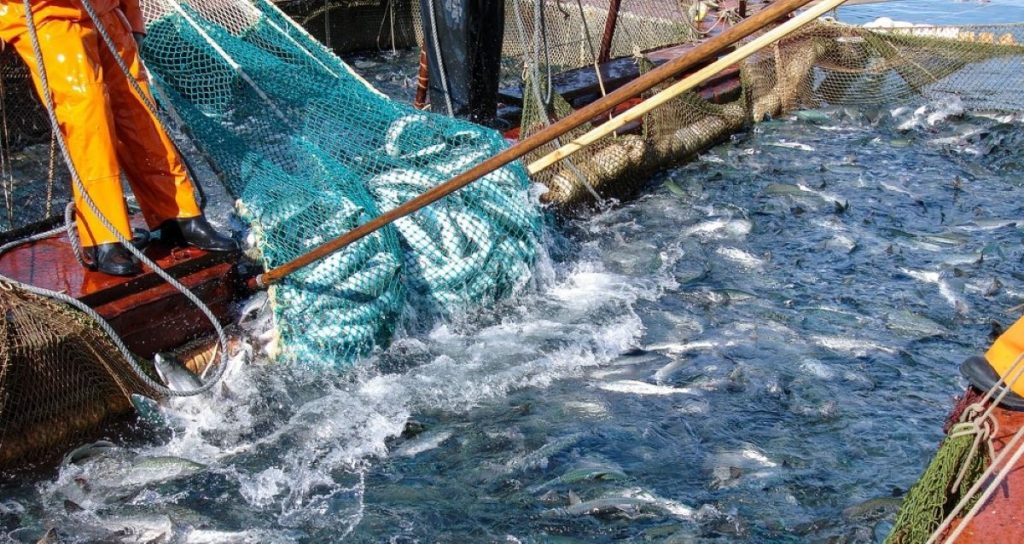
Greenland’s economy relies heavily on fishing and annual subsidies from Denmark, which make up nearly half of its national budget. That financial dependency shapes its cautious approach to independence.
A step toward economic self-determination

Since gaining enhanced autonomy in 2010, Greenland has pursued greater control over its affairs. The new law reflects a desire to manage resources and land use in a way that supports long-term self-reliance.
Balancing autonomy and prosperity
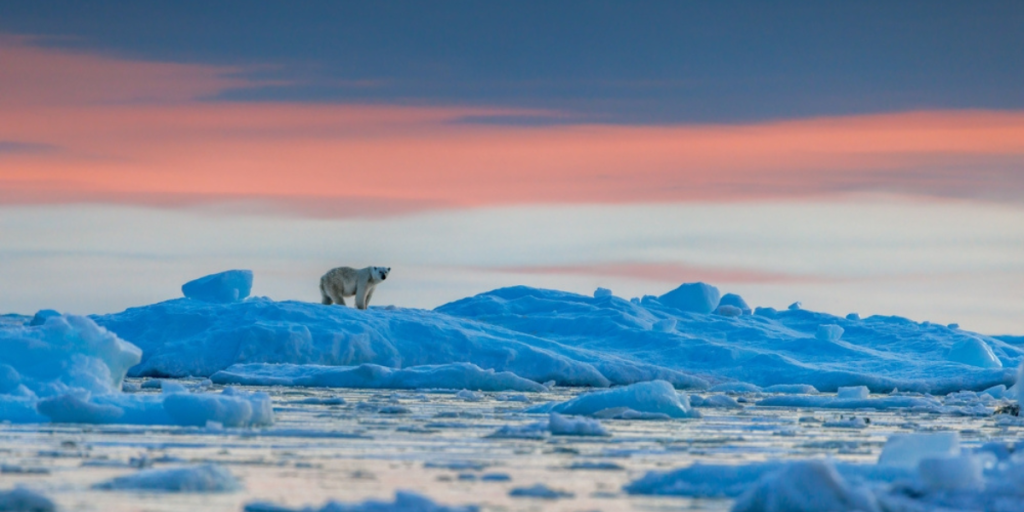
While the majority of Greenlanders support the idea of eventual independence, many are wary of any steps that might threaten their standard of living. This law aims to protect local interests without closing the door to future growth.

